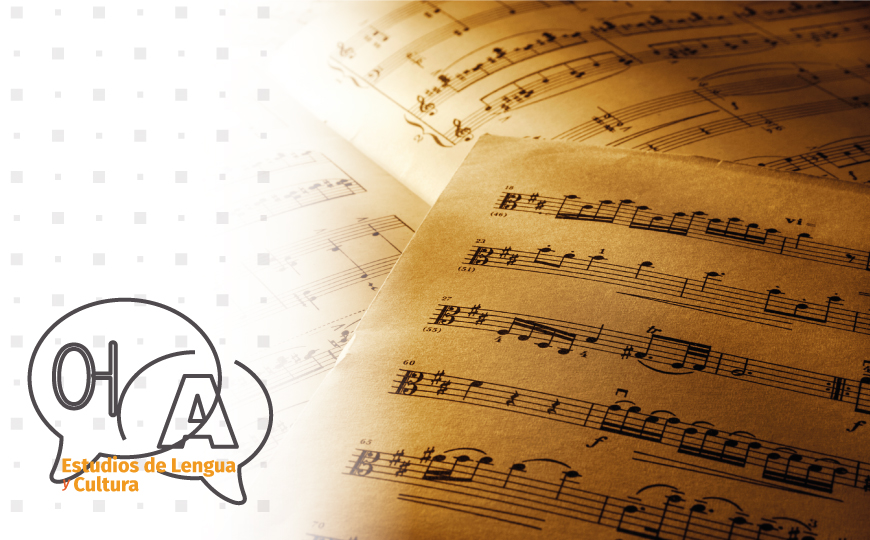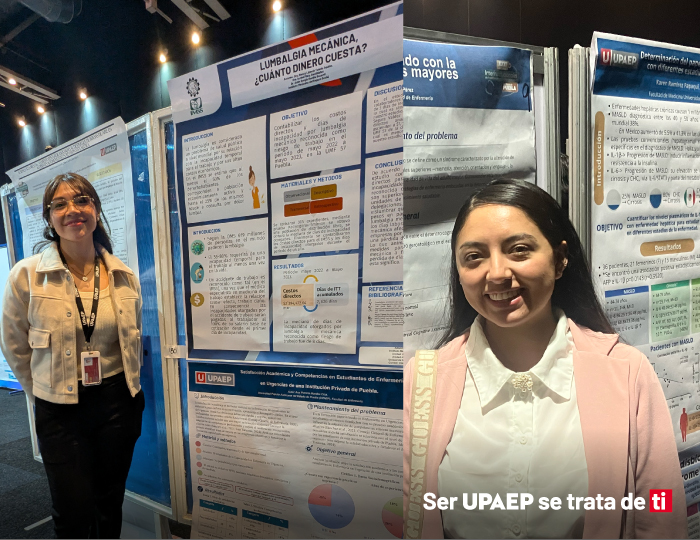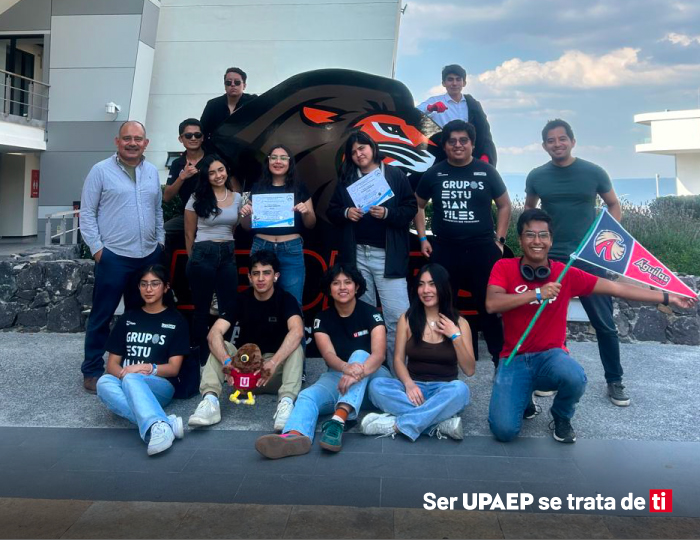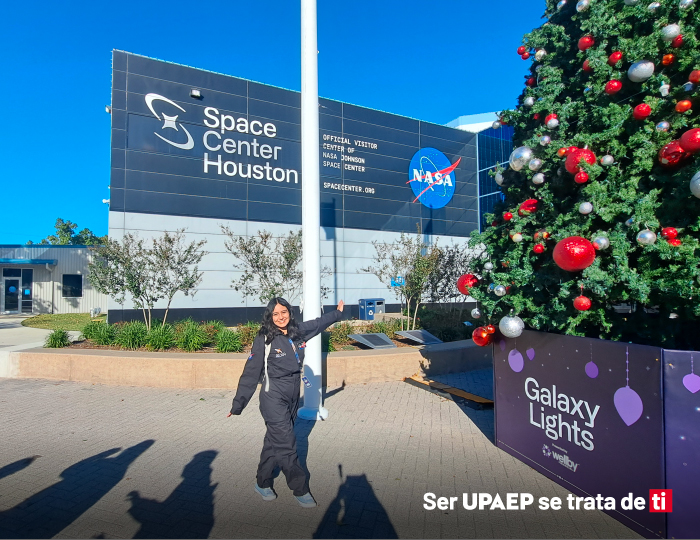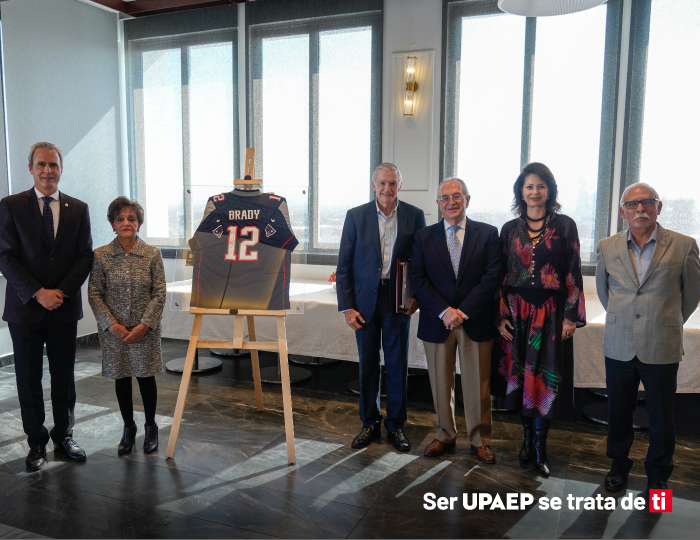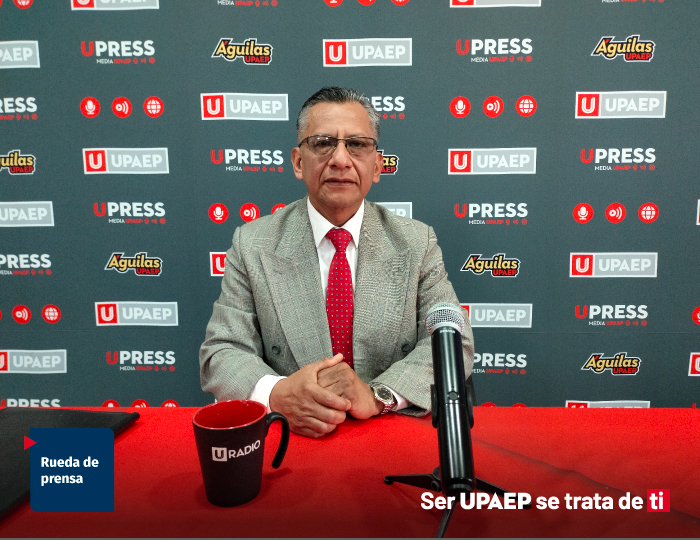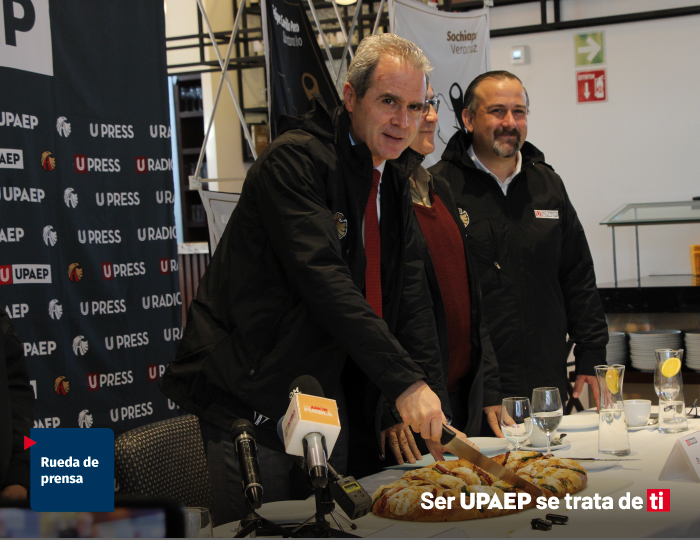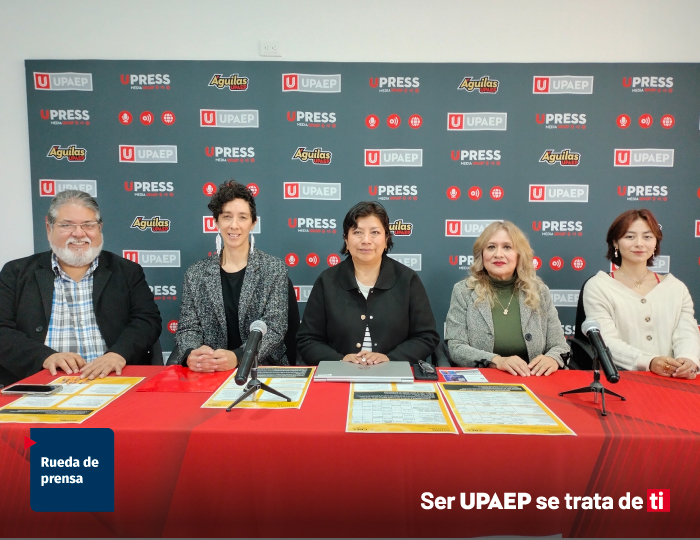Hallelujah to language!
Hallelujah to music!
Hallelujah to language and music at their best! What are language and music to exclaim hallelujah to them? I would agree with Douglas Brown (2021) that seeking a concise definition of language might lead to what he calls “A wild goose chase”. So, for the moment, let us rest satisfied with “a system of communication”, which also covers a working definition for music.
What then are “language and music at their best”? Certainly not the offensive language we commonly find in social media nowadays. And undoubtedly not songs which speak of lost love or silly songs such as Chicken and potatoes (Pollito con papas), Don’t mess with my Cuckoo (No te metas con mi cucu), or songs regarding evil and darkness such as Satan’s Rock and Roll, or Sympathy for the Devil. They have their place, but I would not say “Hallelujah” to them!
Music has been called “the universal language”. But as can be seen from the aforementioned examples, not everyone likes the same genres of music. What is pleasing to my ear can be offensive or meaningless to yours. So, what is universal about this means of communication?
An exemplary case of music at its best, as a universal language, is mentioned by Stefan Zweig in Decisive Moments in History. There, he refers to Georg Frederick Handel, the XVIII century German born composer.
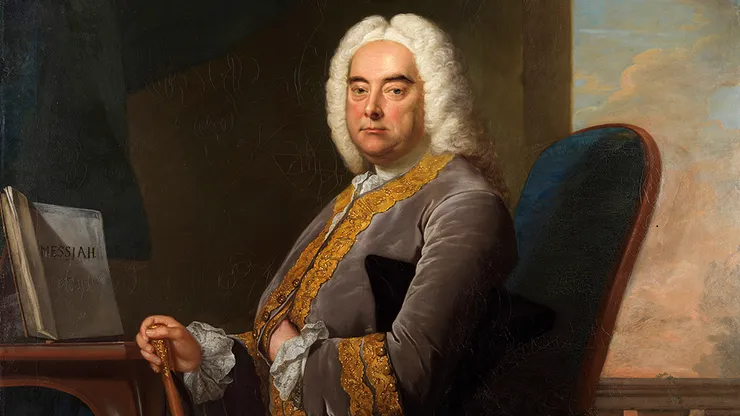
Image retrieved from: https://www.britannica.com/summary/George-Frideric-Handel
Handel (1685-1759) was a creative workaholic who at the age of 52 suffered an apoplexy stroke that left half of his body practically dead. “He could not walk, he could not write, he could not use his right hand to cause a single piano key to make a sound” (Zweig). Handel’s doctor suggested he go to the hot springs of Aachen. The physicians there warned him against staying in the thermal waters for longer than three hours. Nevertheless, stubborn Handel would remain in the hot waters for up to nine hours exercising his willpower and hope to be cured.
After two weeks, as he was leaving Aachen, he stopped in front of the church. Although he had never been especially pious, he felt moved by gratitude and walked in and sat at the organ. Using his left hand, he began to strike the keys. Then, hesitantly, the right hand made the attempt. “And lo and behold, beneath it too, the sound sprang forth like a silver fountain” (Zweig).
“And Handel, with head humbly bowed, played and played. He had found his speech again, the voice with which he spoke to God, to eternity and to men. He could play music again; he could create again” (Zweig).
Sadly, or fortunately, depending on the point of view, he was yet to face great adversity. In 1740, the great stream of joyful creativity which had arisen from the ashes of the stroke withered and dried up. For months he wandered the streets of London at night pondering if he should end it all by a decisive plunge into the River Thames.
It is then that he receives a letter from the poet who had written the texts for some of his works. It is a proposal for another oratorio - a large-scale composition on a sacred subject. The words in this text, the Messiah, open up the gates of power that surge inexorably from within the depths of his soul. For three weeks, the task of weaving melody, rhythm and harmony possess him in the true meaning of the word enthusiasm, spurring him to greater heights of inspiration.
Finally, one of the great works of language and music is completed. In one fragment of the opus, the music and words sing Hallelujah directly.
Hallelujah to language and music! Language and music at their truly best. This is the means of communication at the loftiest moments of the One Spirit having a human experience in the guise of Georg Frederick Handel.
Listen to this movement of the oratorio and recognize Spirit. Allow me to share one of many recordings available. I wager you will be lifted by the languages of word and music at their most sublime moments:
References
Zweig, S. (1999). Decisive Moments in History, Twelve Historical Miniatures. Ariadne Press. Riverside, CA.
Recordings
Choeur du Concert D’Astrée. (2017). https://youtu.be/22fsUQnOWDE
This is a relatively small choir which allows all the parts to be better appreciated. Also, it has a most joyful conductor.
Flash Mob. (2010). https://youtu.be/SXh7JR9oKVE
A fine unexpected and joyful interpretation not in a church nor concert hall.
Hallelujah Chorus. (2010). https://youtu.be/7YaGwI7GjlA
This version does not mention the performers but you can follow the lyrics in musical notation: language written and sung.
Royal Choral Society (2012). https://youtu.be/IUZEtVbJT5c
The Royal Choral Society has performed Handel’s Messiah on Good Friday at the Royal Albert Hall since1876. Here we can hear the 2012 concert.
The English Concert and Choir. (2008). https://youtu.be/usfiAsWR4qU .
A good rendering at a tempo a bit faster than other versions.

